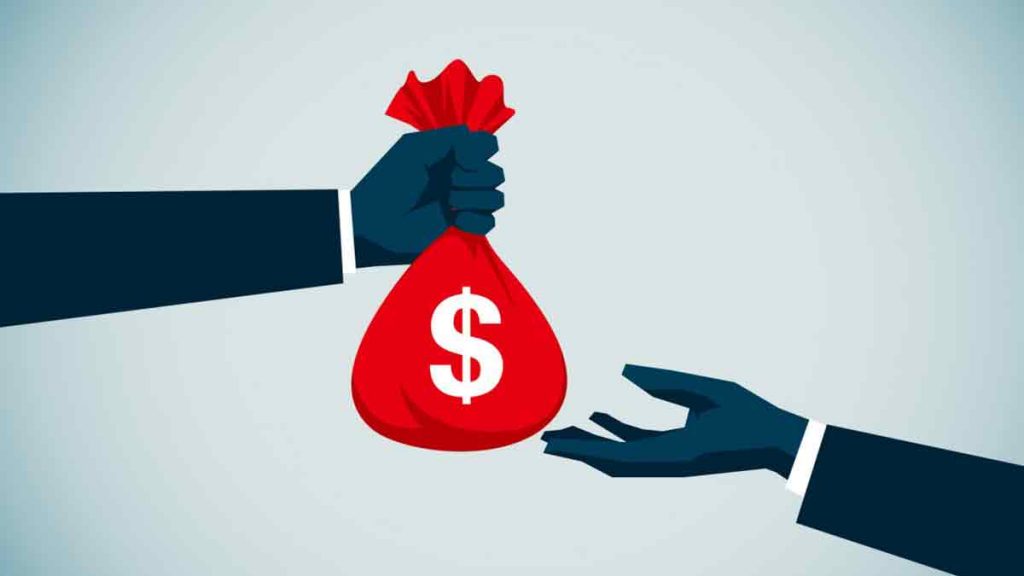A lot is going in the Keystone State as the gambling industry’s retail facilities prepare to open their doors to players. However, there is much more that is going on in the background and they are set to impact more than just the gambling industry. One of these things is a shift in legislation that involves political donations from gambling companies.
Back in 2004, legislators in Pennsylvania passed a law that banned gaming licensees in the state from making political contributions. Implemented as part of the Race Horse Development Act of 2004, the law was an effort to reduce the possibility of corruption in state politics. This law was quite significant and the fact that it gave way for the current statewide casino system cannot be overlooked.
However, according to the US Third Circuit Court of Appeals, the 2004 law may have gone too far. The court ruled that gaming law had violated free speech protections as well as equal protection rights. U.S. Circuit Judge Richard Nygaard pointed out that the government was responsible for fighting both corruption and the perception of corruption. He went on to emphasize that even in so doing, the government had to be “mindful of the fundamental speech and associational rights guaranteed by the First Amendment of the United States Constitution at stake.”
The case against the law was brought forward by two stakeholders in the state’s gambling industry who had been regular political campaign contributors before the ban came into effect. They were joined by several other gaming interests including Greenwood Gaming and Entertainment, Stadium Casino, Downs Racing, Penn Nation and Mountainview Racing. Their contribution and support of the challenge may have played a role in its success.
Previous Court Rulings
This is not the first time that the issue of the ban on political contributions has been brought to a court of law. In September 2018, a federal judge in Harrisburg, Pennsylvania struck down the ban after finding that it was too broad and was therefore unconstitutional.
Prior to that, the provision was also struck down back in 2009 by the Pennsylvanian Supreme Court. However, these efforts were rendered useless a few months later when the state’s legislators restored it.
What Now?
Well, it seems like people affiliated with the gambling industry will be able to fund political campaigns. That is, unless yet another hurdle arises. There, of course, has to be a lot of oversight especially considering the concerns pertaining to corruption that the ban sought to address.
